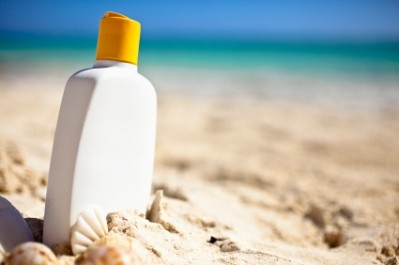Minnesota takes the lead in banning Triclosan

Last Friday governor Mark Dayton succeeded in signing and passing a state bill in the Minnesota senate and House that outlaws the use of the ingredient in most retail consumer hygiene products, which includes soaps, toothpastes and deodorants.
The bill cited both health and environmental concerns over the chemical, referring to scientific research that suggests it can disrupt hormone levels in fetuses as well as posing a risk of resistance to bacteria.
Environmental issues in Minnesota lakes
With respect to the environment, a recent study carried out on several fresh water Lakes of Minnesota have found a growing level of triclosan pollution, which is of particular concern considering that it does not degrade.
The study, published in the Environmental Science and Technology journal last year, raised new questions about the use of triclosan, which the scientists say has potential toxic effects in the environment when exposed to sunlight.
The lawmakers say that the bill will not be enacted until the start of 2017 and are hoping that it will lead to snowball effect that will eventually see more and more states enforcing a similar ban.
Critics say health benefits of triclosan are being ignored
However, as triclosan is still used in the majority of anti-bacterial soaps, critics of the ban say that triclosan research has not yet been thorough enough and that its health benefits are being overlooked.
Last month the American Cleaning Institute, which has been one of the main proponents of triclosan, pointed to research published in the Journal of Food Protection that the use of anti-bacterial agents such as triclosan in soaps can help in the fight to against food born bacteria and diseases.
"Instead of letting federal regulators do their jobs, the legislation would take safe, effective and beneficial products off the shelves of Minnesota grocery, convenience and drug stores," Douglas Troutman, the American Cleaning Institute vice president and counsel for governmental affairs, stated in a letter addressed to Dayton concerning the bill.
Minnesota as an early adopter of chemical regulation
Minnesota has taken am early stance on chemicals regulation for cosmetics in the past, having banned mercury from cosmetics back in 2008, at a time when only California had taken the same type of legal action.
The regulation made it illegal to sell or distribute cosmetics, toiletries and fragrances containing mercury within the state borders.
Under federal law cosmetics may contain up to 65 parts per million of mercury, but the cosmetics industry has been divided on the issue, with many companies arguing that the tiny amounts of the substances found in cosmetics pose no risk to health.









